Democracy is a wonderful thing, especially when you consider the alternatives, but democratic governments have a tricky task: they have to get on with the program they were elected to implement, but at the same time be aware of the complicated and sometimes contradictory demands the community makes of them.
They have to steer between two faults: they don’t want to be seen to ride roughshod over the community by being too decisive and tough minded; and they don’t want to be too indecisive, constantly wringing their hands and wondering what people want them to do.
In the matter of land management, the Victorian Government seems to be showing symptoms of the second of these ailments. As a result we’re getting deluged by invitations to online consultations asking us a lot of sometimes pretty strange questions.
In particular, Parks Victoria has apparently forgotten what it’s supposed to be doing, and has devised yet another consultation
This latest consultation is on Parks Victoria’s Land Management Strategy. The justification for it is partly ‘1. Increasing demand for diverse visitor experiences, 2. A growing and changing population and 3. Changes in our environment and climate, with a rise in very hot days, fires and flash flooding placing pressure on our parks.’
Of course FOBIF believes that governments should represent the people. But, as in the present case, they should be guided by the basic principles of the job—looking after nature.
If you’re running a cabbage farm you should not be constantly running to the public to ask whether you should be producing machine guns instead.
In the current case, Parks Victoria should be keeping its eye on the National Parks Act: that’s its mission statement, one which is just as relevant now as it was in 1975, when it was passed by a Coalition Government. The arrival of lots of migrants has not changed its relevance one iota.
This belief has governed FOBIF’s response to the consultation. On the draft Aspiration Statement [‘Victoria’s parks are resilient, inclusive and valued; conserving nature and cultural heritage; supporting Traditional Owner aspirations; and contributing to healthy communities’] we said,
‘All of the material here is good, BUT we believe that it is unfortunately general enough to support many shades of interpretation. We would add ‘protected’ after ‘resilient’, to bring it in line with the National Parks Act—but then, this consultation strangely doesn’t mention National Parks, the core of the protected area system. And: we’re not sure why Parks Victoria needs any more aspiration than is contained in the National Parks Act: our parks are there for protection, preservation, study, etc. Are we going around in circles when the objectives have been clear since at least 1975?’
The survey set out Guiding Principles and asked respondents to tick approval or disapproval boxes:
- Maintain and strengthen the parks estate
- Prepare for the future
- Connect with community
- Use knowledge and evidence-based management
- Protect natural and cultural values
- Build Partnerships
- Promote public safety and adopt a risk-based approach
- Apply rational decision making
Most of these are motherhood statements. Our response was:
‘As with the guiding principles, we believe this material is good…but the devil is in the detail. Some of these aspirations could be in conflict. We do not believe that Parks Victoria should be in partnership with private business to develop profit making enterprises in national parks, for example. ‘Sound judgement will be used to consider all stakeholders involved.’ Yes, but we do not believe that all stakeholders are equally in tune with the National Parks Act and its objectives: deer hunters, for example, are more interested in hunting than they are in the damage inflicted on the environment by deer; horse lovers do not see waterways trampled by feral horses. We believe that in the case of National Parks, PV should be guided by the Act: and Parks officers should have the courage of their convictions in pursuing the objectives of the Act.
‘And we would add Guiding Principle 9: Adequately fund the protected area system, so as to avoid the possibility that all the above principles are just words.’



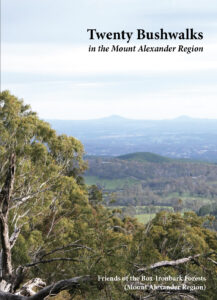
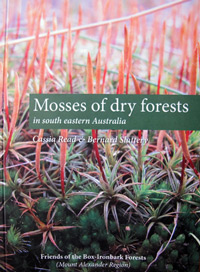 Click on image for info/order page
Click on image for info/order page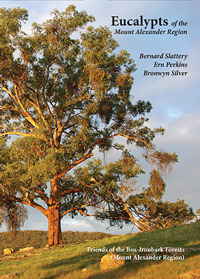 Click on image for info/order page
Click on image for info/order page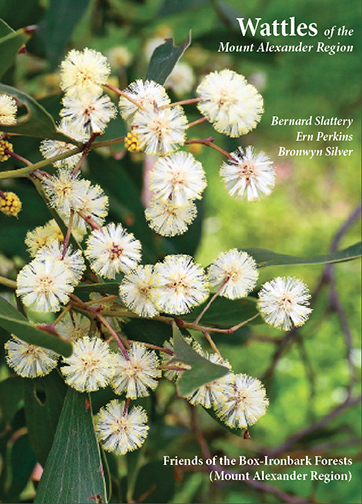 Click on image for info/order page
Click on image for info/order page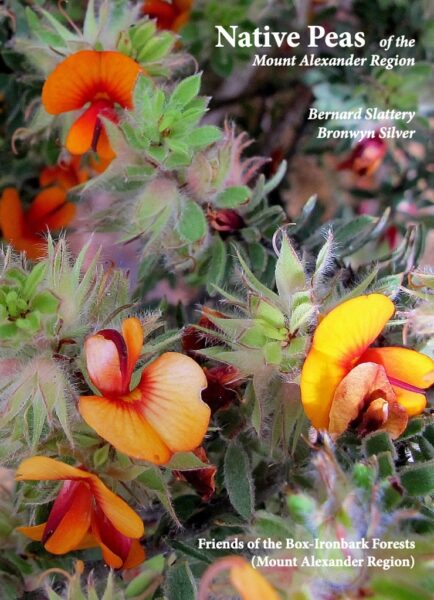
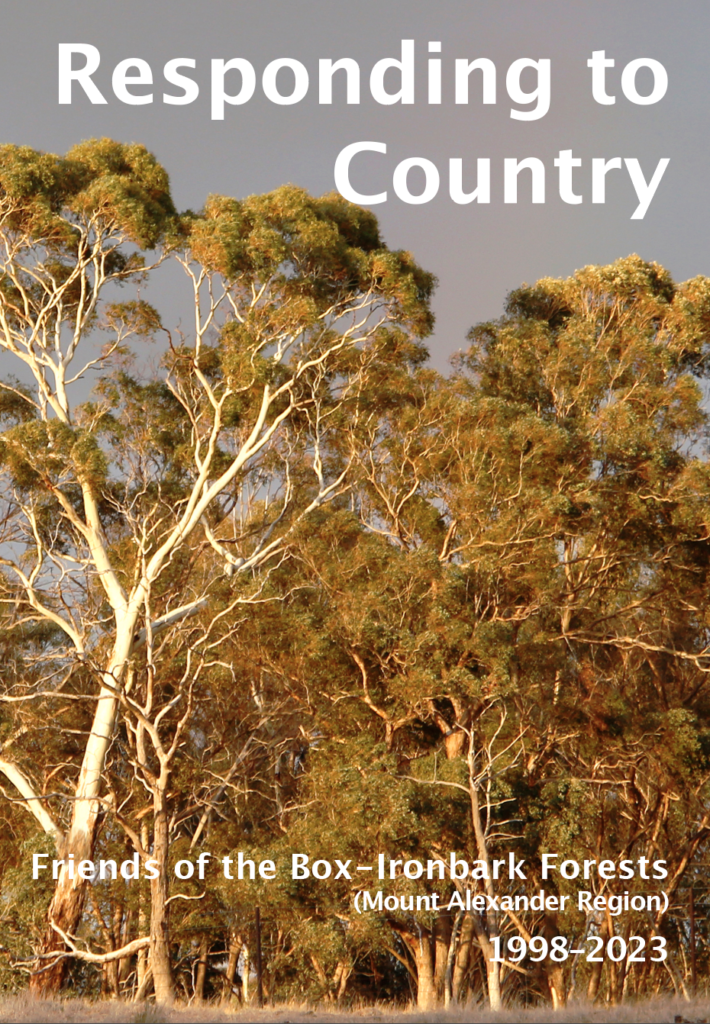


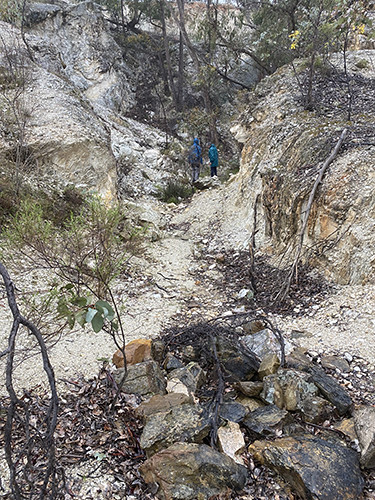

















Don’t forget about the C.F.M.M.E.U.
Andrew Daniels doesn’t fart without permission from the C.F.M.M.E.U.
That’s why we don’t have a Greater Forests National Park.
All those surveys are so the Government can tell us they are doing something and tell their masters they are doing nothing.
tick for Ben